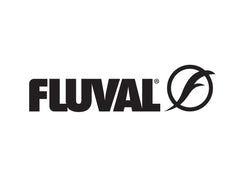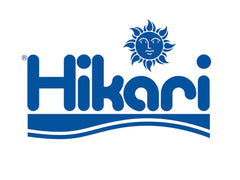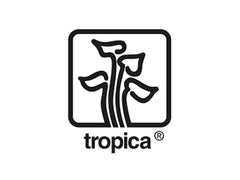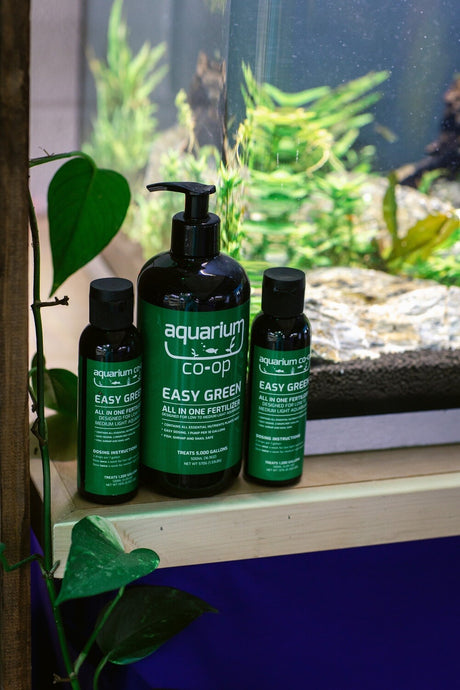Blue Pinoy Angelfish 1.2"-1.5"
Blue Pinoy Angelfish 1.2"-1.5" is backordered and will ship as soon as it is back in stock.
Delivery and Shipping
Delivery and Shipping
Product Refunds & Returns
- Returns can be processed within 14 days from purchase.
- To return products, they must be in original condition
- Shipping expenses are not refundable
- If your items have been damaged in shipping, please contact us within 24 hours of receipt with photos, and we will assist you.
Livestock Refunds, Returns, & Surrenders
- If you are unhappy with your livestock for any reason, you can bring it back within 72 hours for a full refund; we do not pick up returns
Blue Pinoy Angelfish 1.2"-1.5"
Description
Description
Blue Pinoy Angelfish, also known as the Philippine Blue Angelfish, is a variant of the popular freshwater angelfish (Pterophyllum scalare).
-
Temperature: They thrive in a tropical temperature range of 78-82°F (25-28°C). It's crucial to maintain a stable temperature to keep them healthy.
-
Minimum Tank Size: A minimum tank size of 20 gallons is recommended for a pair of Blue Pinoy Angelfish. Larger tanks are preferable, especially if you plan to keep them in a community setting.
Feeding Habits: Blue Pinoy Angelfish are omnivores. They accept a variety of foods, including high-quality flake food, pellets, frozen or live foods such as brine shrimp, bloodworms, and daphnia. A balanced diet is essential for their overall health and coloration.
Habitat Preference: They are versatile and can adapt to various tank setups. Provide a well-planted aquarium with open swimming spaces. The addition of driftwood and rocks can create hiding spots and mimic their natural environment.
Water pH Level: Maintain a slightly acidic to neutral pH level between 6.5 and 7.0. Soft to moderately hard water is suitable for Blue Pinoy Angelfish.
Behavior: Blue Pinoy Angelfish are generally peaceful, but they can become territorial, especially during breeding. They may exhibit some aggression toward other angelfish or similar-looking species. It's advisable to keep them in pairs or small groups to reduce aggression.
They are not strict schooling fish, but they do appreciate the company of their own kind. Keeping them in pairs or small groups can reduce stress and promote more natural behavior.
Color: As the name suggests, Blue Pinoy Angelfish are known for their striking blue coloration. The intensity of the blue color can vary among individuals. Their fins may have a contrasting color, often a deep black.
Other Details: Blue Pinoy Angelfish are known for their distinctive appearance, which makes them a popular choice among aquarists. Regular water changes, good filtration, and a well-maintained aquarium are essential for their health. Additionally, provide adequate hiding places and territories, especially if you have multiple angelfish in the same tank.
Remember that individual fish may have varying temperaments and preferences, so it's important to monitor their behavior and make adjustments as needed to ensure their well-being.
Specifications
Specifications
-
CategoryCichlids
-
Species TypeAngelfish
-
Water Temperature
-
Minimum Tank Size20 Gallons
-
Water pH LevelAcidic, Neutral
-
Habitat PreferencePlanted Tanks, Rocky Tanks, Hiding Spots, Driftwood
-
BehaviourAggressive, Semi-aggressive
Payment & Security
Payment methods
Your payment information is processed securely. We do not store credit card details nor have access to your credit card information.



















